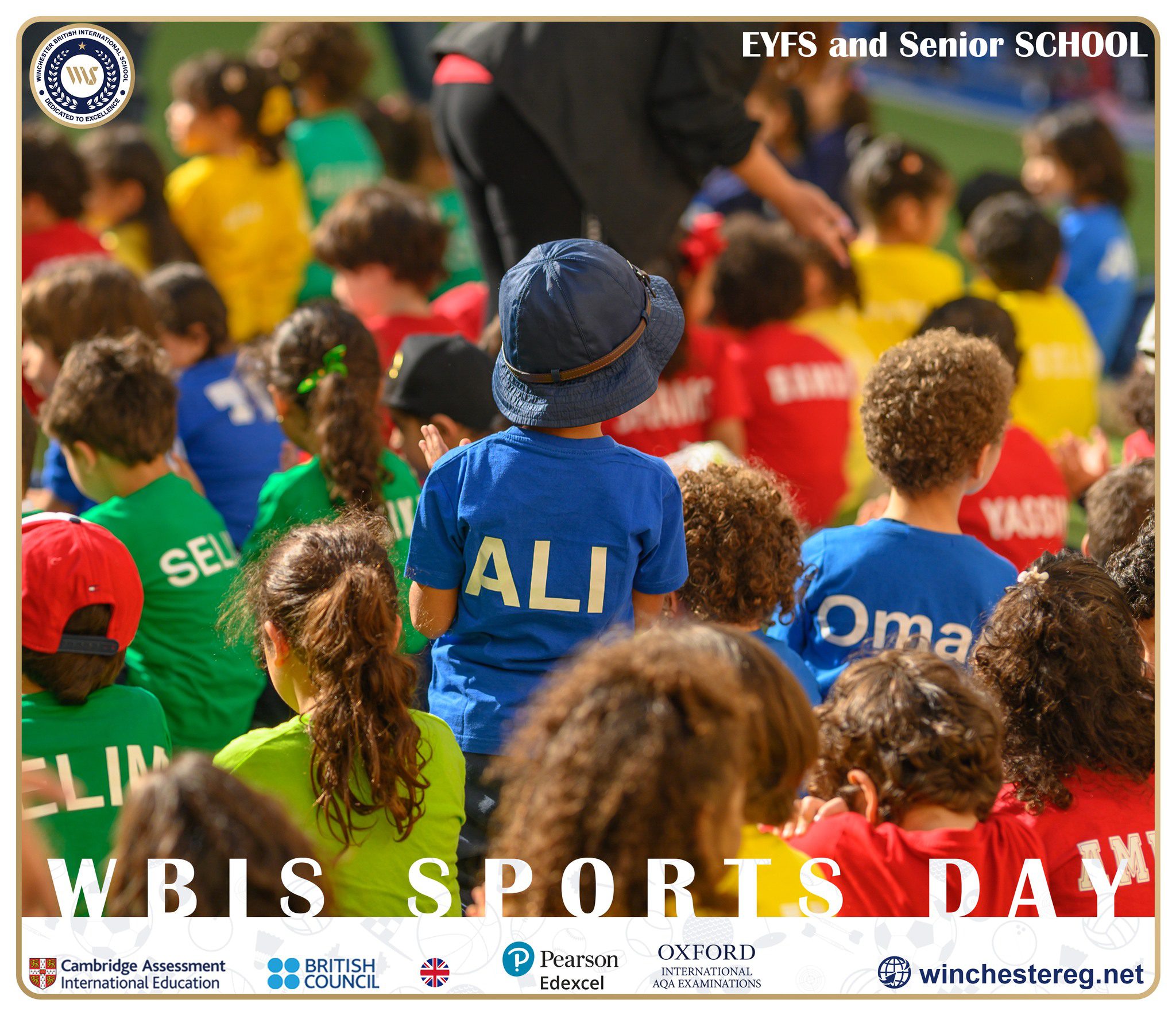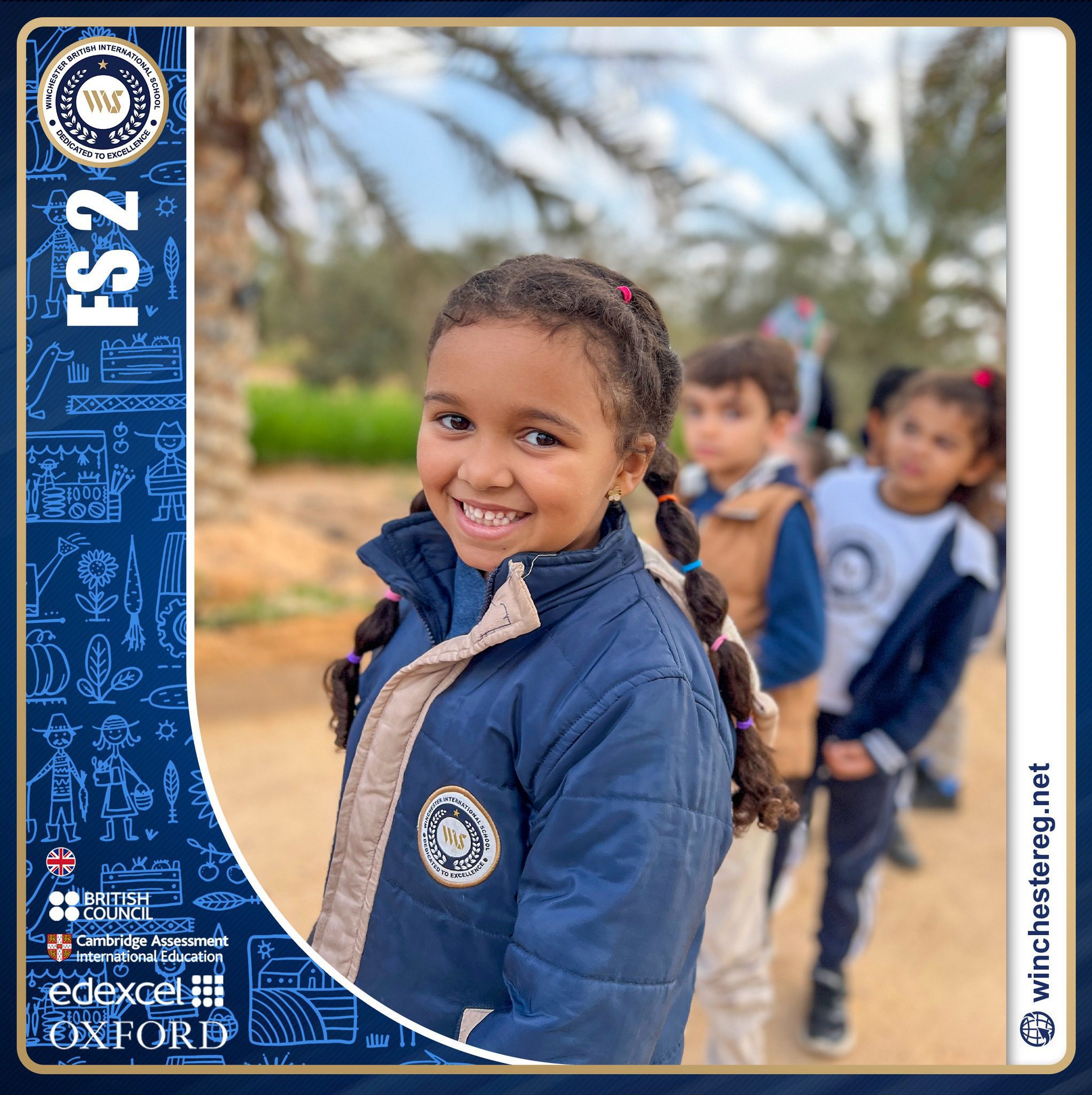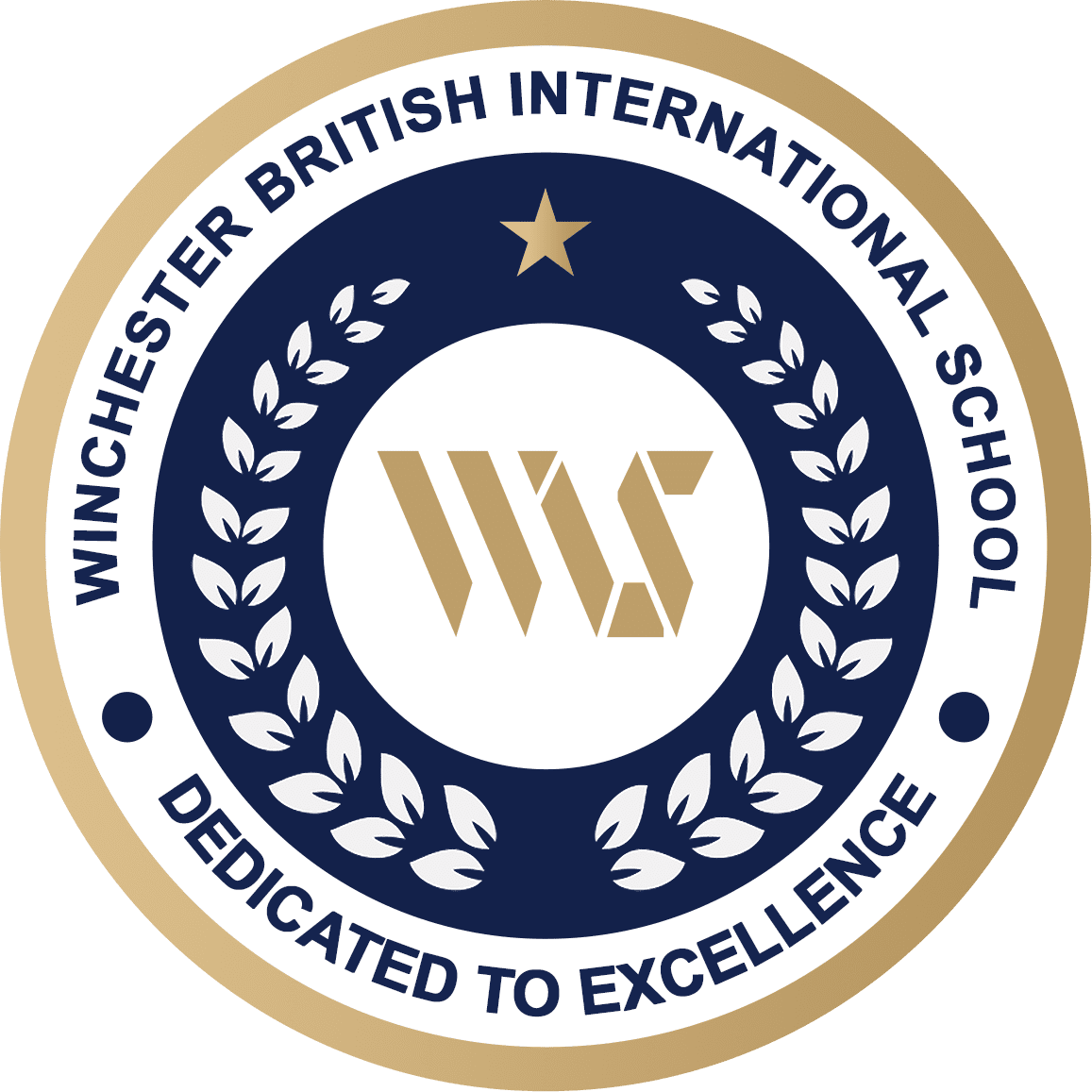Often learned through roleplay, children might practise listening to others, listening to stories, using descriptive language to express themselves or tell a story, or expanding their vocabulary.
THE EARLY YEARS FOUNDATION STAGE
WINCHESTER BRITISH INTERNATIONAL SCHOOL
Dedicated to Excellence ....
EYFS, short for Early Years Foundation Stage, is a series of guidelines on the learning and development of children up to five years old.
As this is the first stage in a child’s development, most learning targets are met through games and activities.
Four guiding principles adapted from the UK Department of Education shape our practice in the EYFS setting at Winchester British International School (WBIS):
• every child is a unique child, who is constantly learning and can be resilient, capable, confident and self-assured
• children learn to be strong and independent through positive relationships
• children learn and develop well in enabling environments, in which their experiences respond to their individual needs and there is a strong partnership between practitioners and parents and/or carers
• children develop and learn in different ways and at different rates.

Winchester British International School
COMMUNICATION AND LANGUAGE
Winchester British International School
PHYSICAL DEVELOPMENT
Practised through games and often using equipment such as climbing frames, children gain confidence in balance, coordination and awareness of their space and strength. Older children might also discuss healthy living and how they feel after exercise.


Winchester British International School
PERSONAL, SOCIAL AND EMOTIONAL DEVELOPMENT
Children learn how to share, take turns, respect each other’s differences and follow rules. They will also practise independence, recognising their own needs and interests and expressing how they feel and why.
Winchester British International School
LITERACY
Exercises might include learning about rhymes and syllables through singing nursery rhymes, learning the alphabet verbally, matching sounds with the letters of the alphabet and learning to write their names and other simple words.

